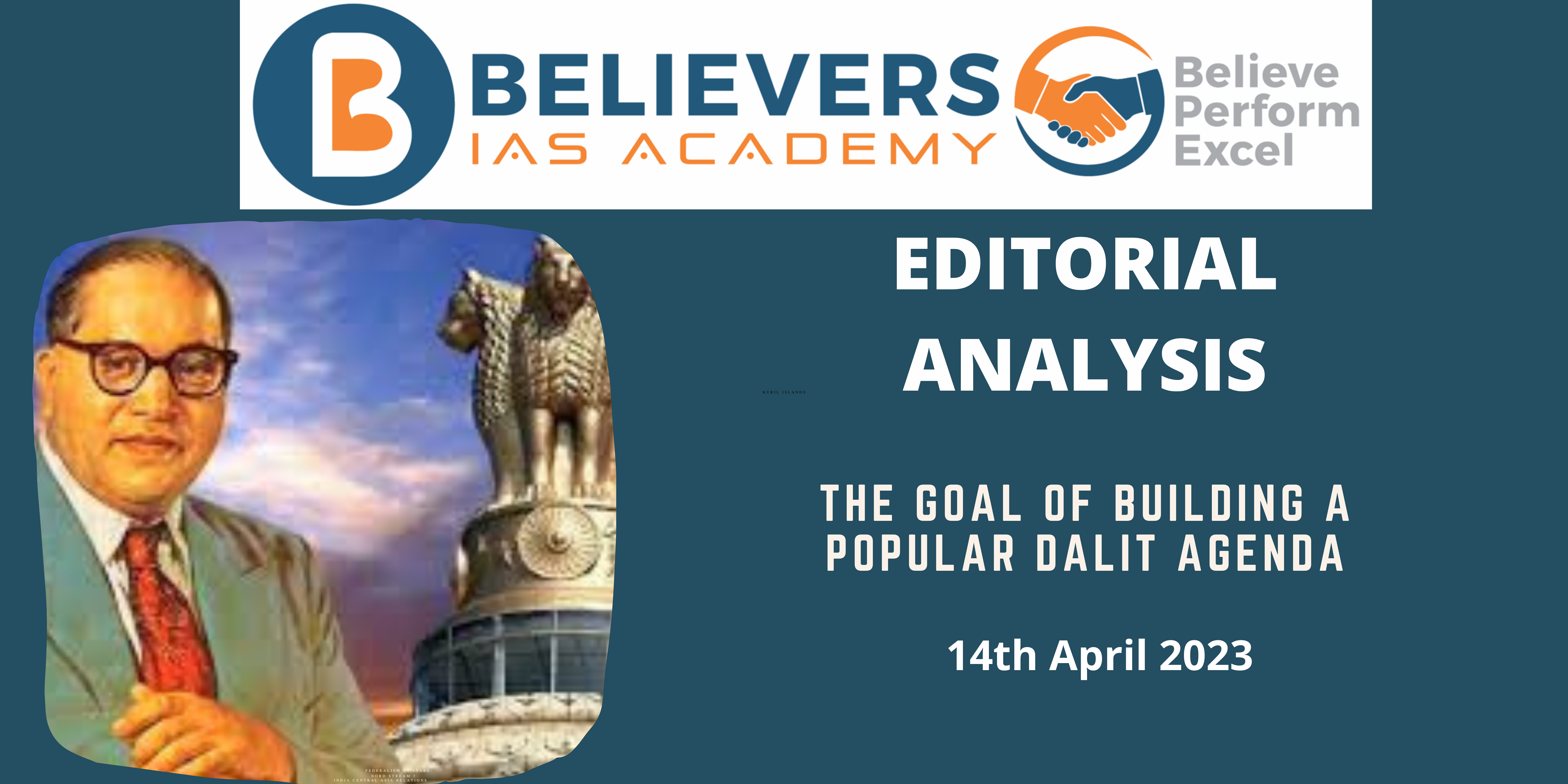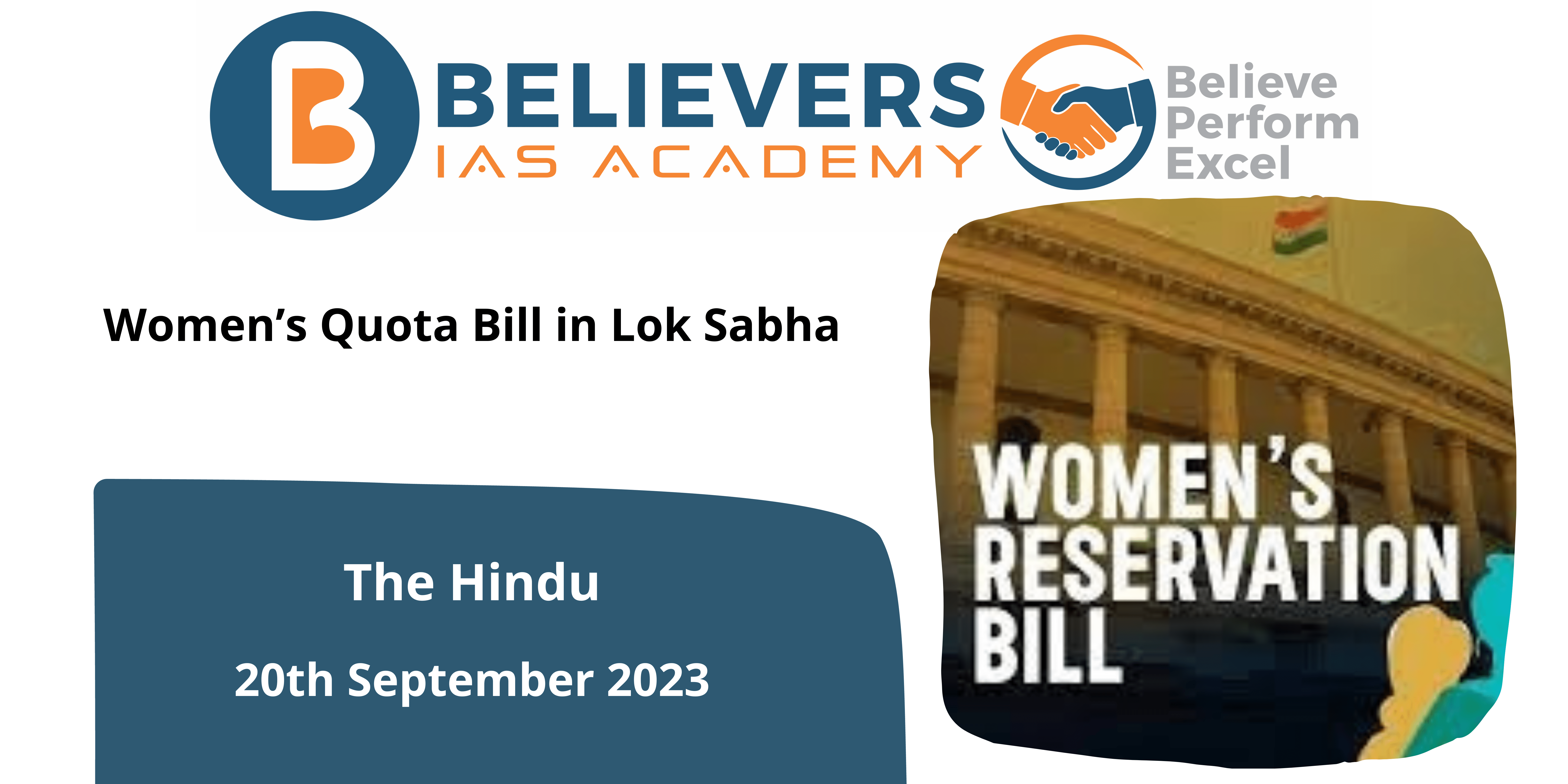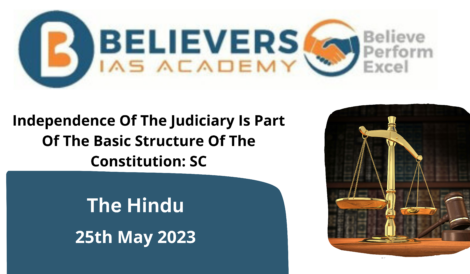The Goal Of Building A Popular Dalit Agenda
Bhimrao Ramji Ambedkar
- Bhimrao Ramji Ambedkar (April 14, 1891, Mhow, India—December 6, 1956, New Delhi), was the leader of Dalit (Scheduled Castes; historically known as untouchables) and First law minister of the Indian government (1947-51).
- He developed his leadership among Dalits, started various publications on their behalf, and was successful in getting special representation for them in the government’s legislative councils.
- He authored What Congress and Gandhi Have Done to the Untouchables (1945) in response to Mahatma Gandhi’s claim to speak for Dalits (or Harijans, as Gandhi referred to them).
- Ambedkar was appointed as India’s law minister in 1947. He played a key role in the creation of the Indian constitution, which prohibited discrimination against untouchables and effectively guided it through the legislature. He resigned in 1951, dissatisfied with his lack of power in the cabinet.
Ambedkar’s vision for social justice
- Ambedkar thought that contemporary institutions and democratic processes could provide a channel for marginalised socioeconomic groups to effectively express their problems.
- He thought that policies like job reservations and Dalit participation in legislative bodies would help to democratise political power and establish Dalits as powerful shareholders in modern institutions.
- Ambedkar thought that non-political public spaces, including educational institutions, media, culture, and the arts industries, should be democratized for Dalits to play an effective role as entitled citizens.
- He wanted the state to take effective steps to foster a sensitive public culture and to punish criminals who engaged in caste or community-based prejudice.
- Ambedkar also maintained that modernity should not be appreciated only for elevating untouchables to a separate category that requires ongoing assistance from the state.
- Instead, he desired that Dalits reject their burdened social identity (through Buddhism) and reduce their reliance on the state.
- Ambedkar saw Dalits as the natural leaders of historically disadvantaged populations.
Dalit assertion
- Dalit public engagement has centered on demands for social dignity, independent cultural rights, and political power.
- Affirmative action measures have enabled a sizable Dalit population to emerge as a critical element of the mainstream middle class, allowing them to reap the benefits of city life.
- The advent of the Bahujan Samaj Party (BSP) in the 1980s was made feasible by the Dalit middle class’s unwavering support.
- Dalits have established themselves as proponents of alternative cultural ideals, democratizing the public realm.
- Ambedkar’s life-size monuments are now obvious markers of Dalits’ dignified presence in public settings in various cities.
- To demonstrate their higher sense of equality and dignity in public life, Dalits plan stunning public events like Constitution Day celebrations, birth anniversaries of revolutionary icons, and enormous rallies at historic places.
- Dalits have seen their marginalization grow in electoral struggles. With the BSP’s recurrent collapse as a commendable major party in Uttar Pradesh, the option of governing the country under Dalit-Bahujan leadership has vanished.
- Dalit social and political mobilization is outstanding in states such as Maharashtra, Bihar, Telangana, and Tamil Nadu, but these have limited capacity to challenge the dominance of nationalist parties, particularly the BJP juggernaut at the Centre.
Way Forward for Upliftment
- Affirmative action policies and reservations should be strengthened and expanded to enable greater representation and access to opportunities for historically marginalized groups.
- Create powerful, inclusive social movements capable of effectively advocating for Dalit rights and interests and challenging prevailing power systems.
- Through comprehensive legal and social reforms, address the core causes of caste-based discrimination, violence, and atrocities, and ensure that perpetrators are held accountable for their acts.
- Encourage a culture of diversity, inclusiveness, and tolerance in all aspects of society, including education, the media, and public debate.
- Encourage Dalits and other marginalized communities to participate and lead at all levels of governance and decision-making, including political parties, civil society organizations, and governmental institutions.
- Encourage the creation of alternative economic models that support long-term, fair growth, particularly in rural areas where many Dalits live and work.
- Address the intersectional concerns affecting Dalit women, LGBTQ+ people, and other marginalized Dalit groups.
- Ensure that the values of social justice, equity, and inclusion are embedded in all government, civil society, and private-sector policies and programs and that they are properly implemented and monitored.
Similar Topics
SC status of Dalits post conversion




